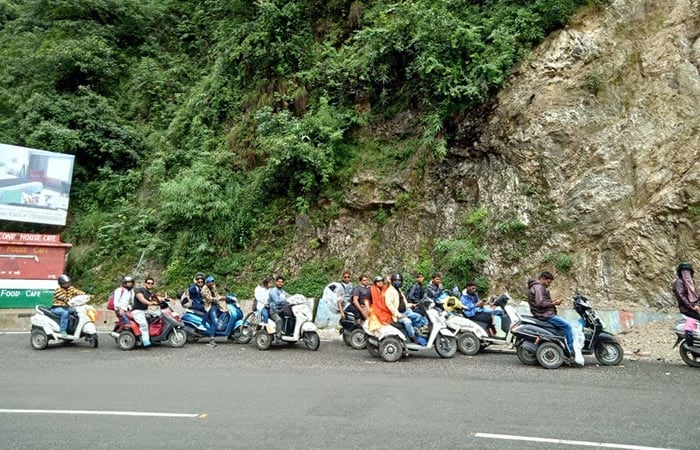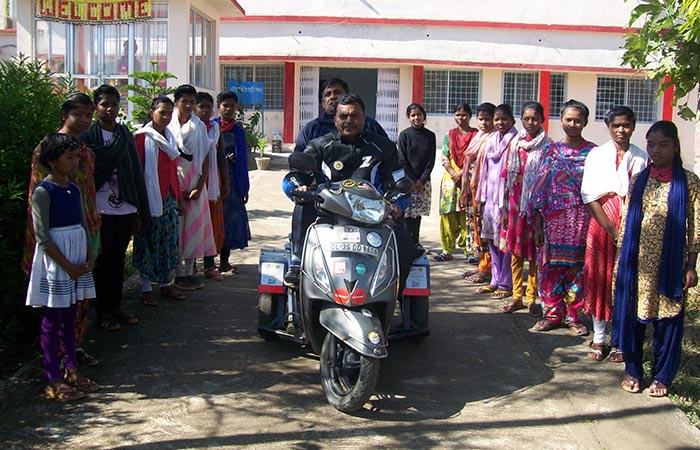‘Eagle Specially Abled Riders’ Biking For Inclusion For People With Disabilities
Eagle Specially Abled Riders travel on retro-fitted scooters across the country to spread awareness on various social issues.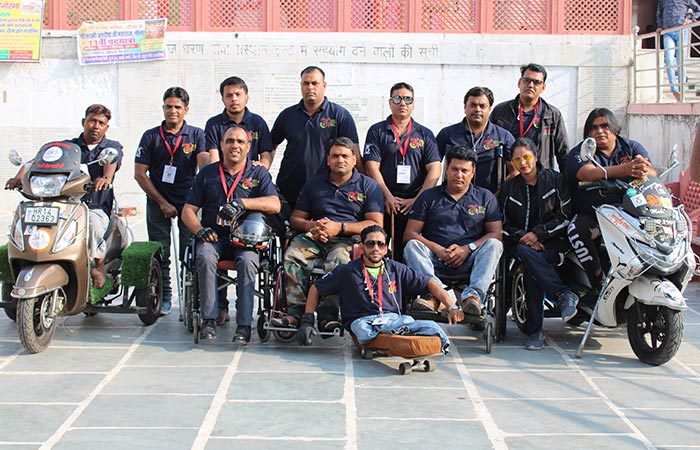
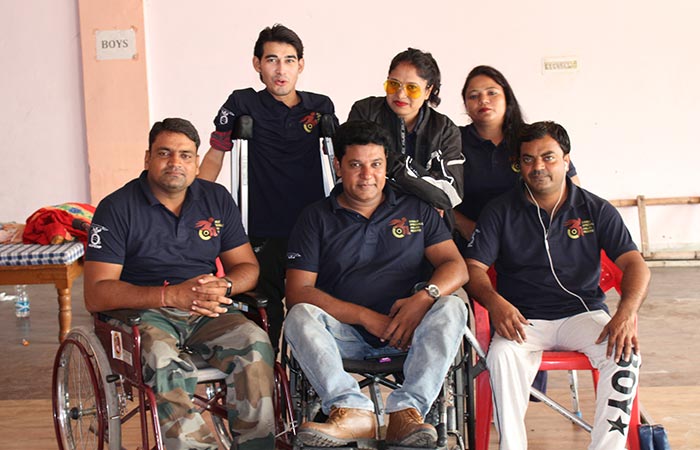
Established in 2015, the aim of Eagle Specially Abled Riders is to draw attention towards people with disabilities. Aameer Siddiqui, who was diagnosed with Post Polio Residual Paralysis, a condition that leads to disability and is not curable, when he was barely 18 months old is a co-founder of the group. He said, "In most of the cases you would see that if there is a person with a disability in a family, they would be often left alone at home while the family travels or attends functions. We want to change this notion that people with disabilities are a burden or dependent on someone."
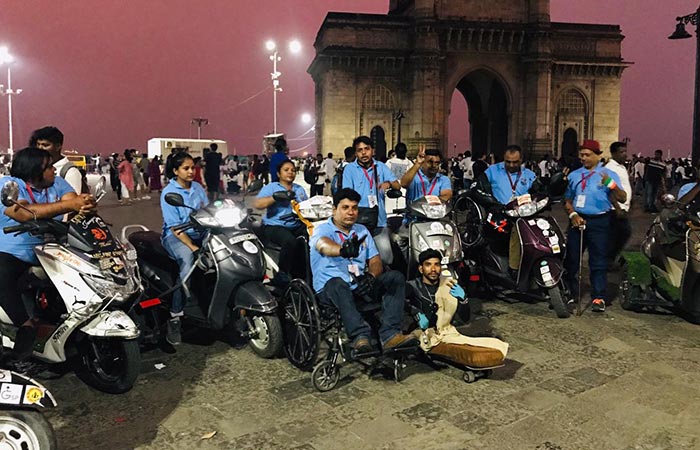
The bikers plan their ride and pit stops in advance. On the journey, they stay locally and connect with locals on various social issues like women empowerment, disability, inclusion, and sexual abuse. For instance, in 2019, the group of riders completed the world's longest accessible awareness ride on the 'Importance of Education for Differently-Abled'. The 3,500km long ride started on October 1 from India Gate in Delhi to Gateway of India in Mumbai and back to India Gate on October 15. The journey was covered on retro-fitted scooters.
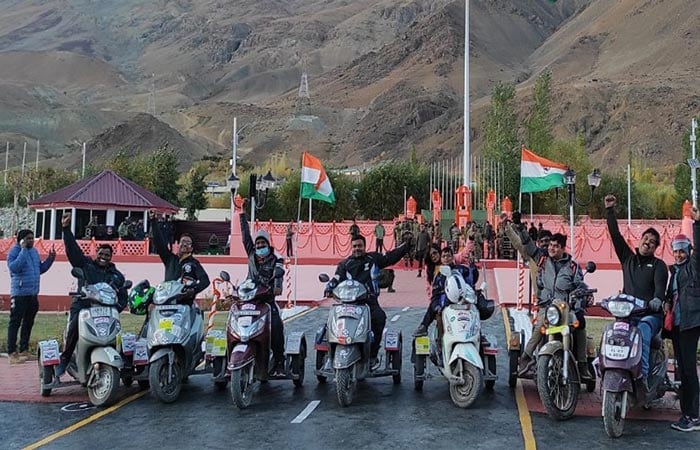
In October 2021, the group of riders went to Kargil, via the Zojila Pass which is said to be a difficult path to tread, even for buses and scooters. A team of 11, including four women, reached Kargil and hoisted the national flag there. "It is said that at least 300cc bike is required to cover the path but we reached the destination in 12 days on our 110cc scooters. We wanted to shed the tag that 'disabled people can't reach Kargil'", said Mr Siddiqui.
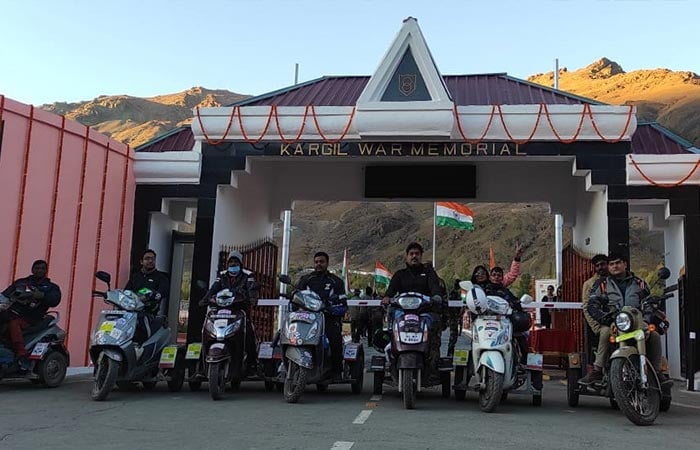
The 12-day ride had challenges like access to toilets, lack of lift facility in hotels, and heavy trucks speeding on the highway. Mr Siddiqui said that the idea is to make tourist places accessible. On their journey, they take pictures of the road, toilets and other public spots which are then presented to the government along with their needs.
